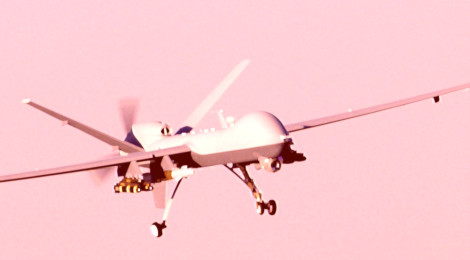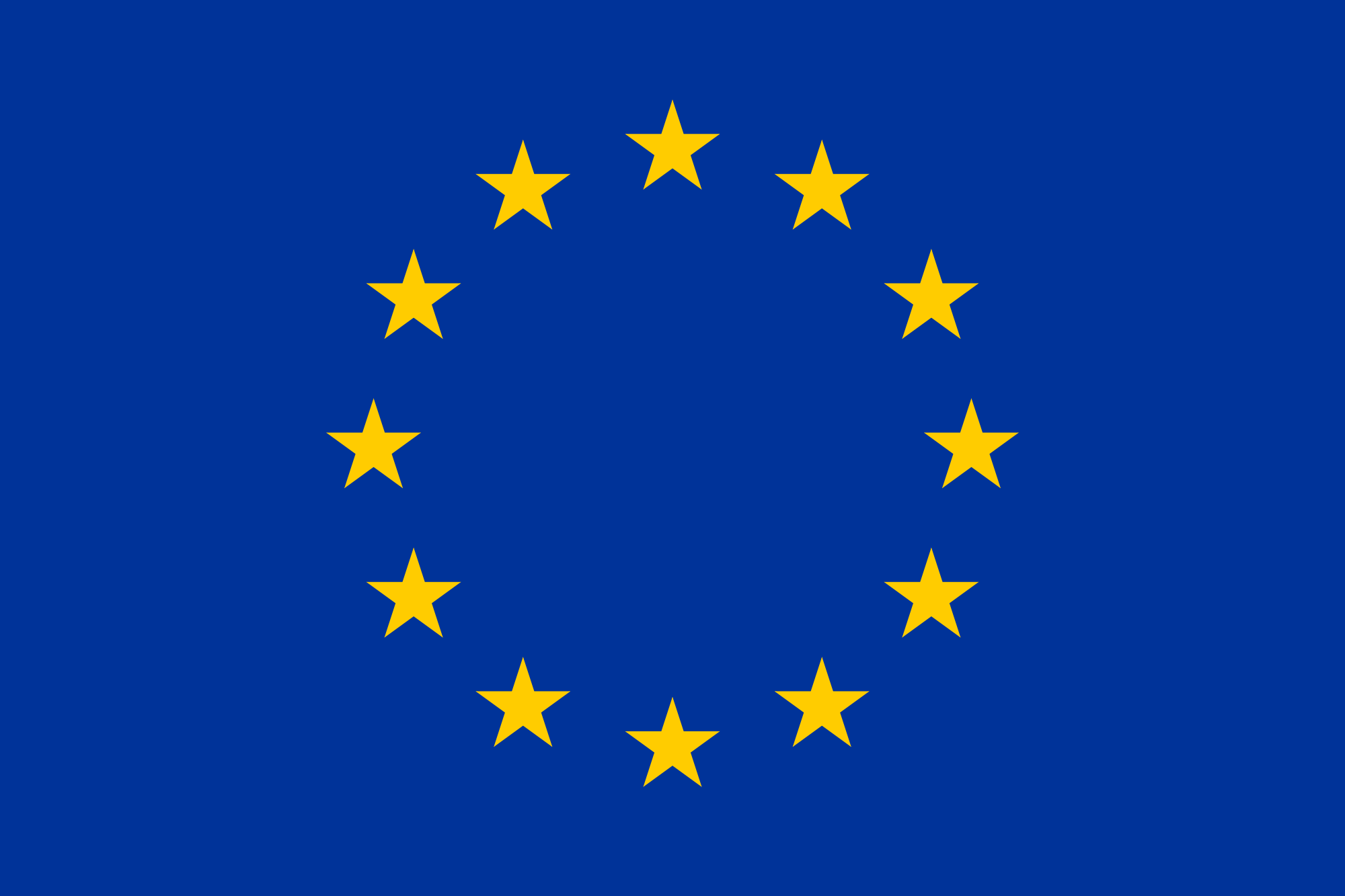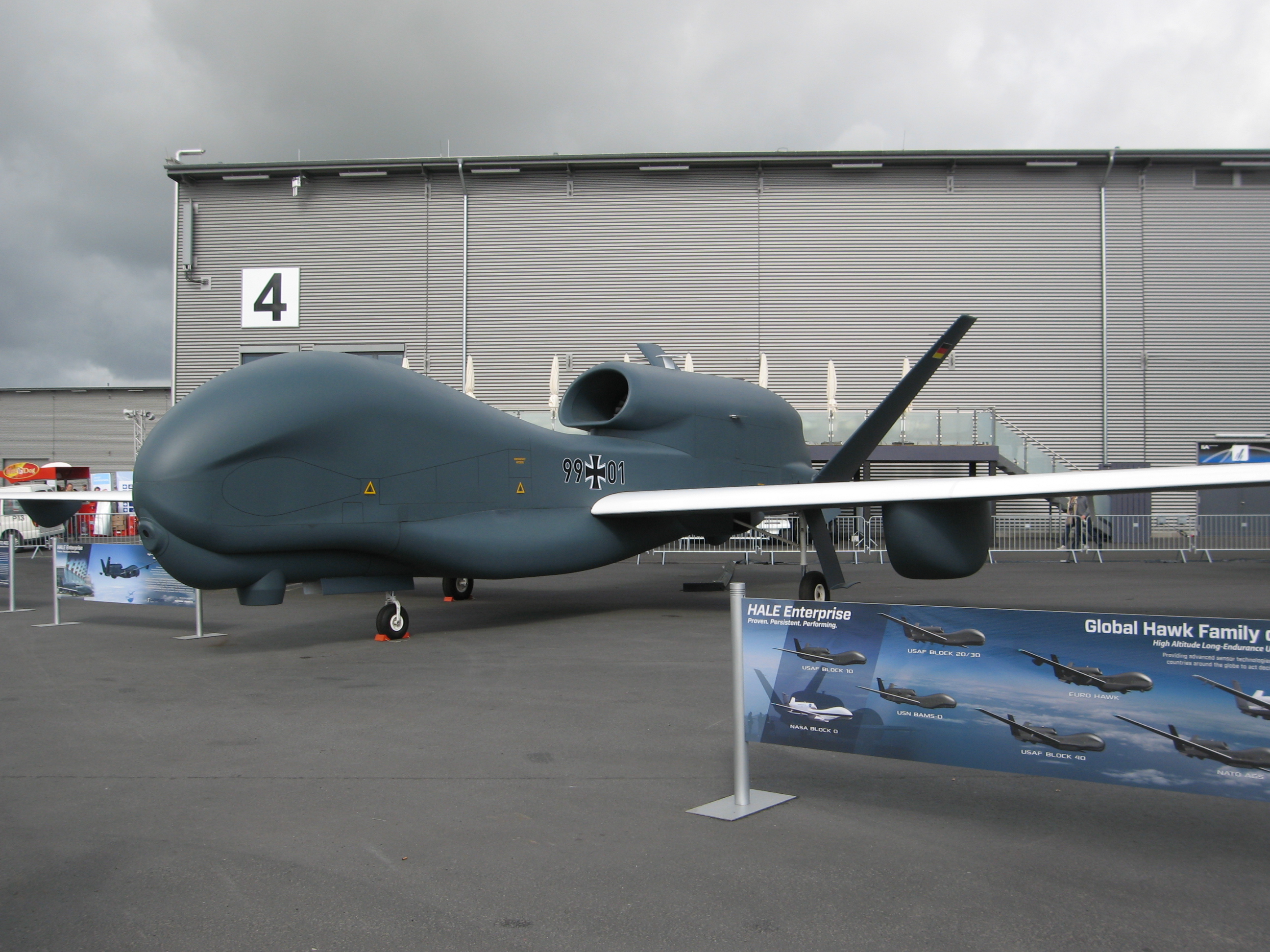
Civilian Drones: fixing an image problem?
Drones were among the most popular Christmas gifts in 2014 — so popular, in fact, that British authorities warned recreational drone users to make sure to use their toys lawfully, or to expect hefty fines. Similarly, the US FAA released a video just before the holidays, teaching aspiring drone users how to “stay off the naughty list”. More and more people are becoming familiar with drones as the number of ‘hobby droners’ (yes, this is a term) grows. Businesses are discovering drones as well: drones carry mistletoe in restaurants (with questionable results), or are used to give real-estate buyers a better view of their property. Beyond this, hundreds if not thousands of commercial drone users are waiting in the wings for a few last technical details to be figured out (especially sense-and-avoid technology) and for the implementation of legal regulations allowing drones to share airspace with manned aircraft.
These developments are exciting, but they are also interesting for those working with military drones. The widespread use of drones for commercial purposes is likely to increase awareness about the history and the many applications of drones, which may help to overcome their exclusive association with targeted killings.

U.S. Drones are from Mars, Euro drones are from Venus
Two years ago, on the way to a conference, I found myself sitting next to a gender studies professor on the plane. When I told him about my research, he asked: “What gender do you think drones have?” I did not know how to respond at the time, never having asked myself that question and never having been overly convinced of the need to ‘gender study’ everything.
Since then however, I have realized that my airplane seatmate might have had a point. Looking at drones from a gender perspective can tell us something about American versus European views on drones – and additionally makes for a highly entertaining story.

Lost in translation? Candidates for presidency of EU Commission debate European politics – in English
Tuesday afternoon, I went to the annual Dahrendorf Lecture in which German sociologist Ulrich Beck discussed the future of the European project. During the discussion following his talk, Beck asked the audience who among them had watched the first debate between candidates for the presidency of the European Commission, which had taken place the day before. Out of the 50+ members of the audience, four raised their hands. Considering this percentage in an auditorium full of Oxford students and faculty, who had specifically come to attend a lecture on the European Union, one can get an idea of just how strong the interest there is among the European public.
I was embarrassed that my hand had to stay down too, so that after the lecture I went home to watch the debate. Ten minutes into it, I stopped the video, took out pen and paper and began scribbling down notes for this post. For this debate revealed a unique and interesting feature of EU politics: the impact of language on political rhetoric.
The debate brought together four of the five contenders for the EU commission’s presidency: Jean-Claude Juncker (EPP), Ska Keller (EGP), Martin Schulz (PES), and Guy Verhofstadt (ALDEE) – Alexis Tsipras, the European Left’s nominee decided not to attend; Ska Keller is running together with José Bové. The Alliance of European Conservatives and Reformists, which is likely to gain significantly in the upcoming elections, declared in February that it would not field a candidate for the post. It did not want “to legitimise the idea that a European executive should be chosen by a federal legislature”.

Why the enormous interest in the mothballed Euro Hawk drone deal?
In a recent Politics In Spires post, Tina Schivatcheva discusses the scandal surrounding ‘Euro Hawk’, the failed US-German drone programme. In the post, Ms Schivatcheva asserts that the German public was ‘keep[t] […] in the dark for 13 consecutive years’ regarding the surveillance drone project.
But this is incorrect. Plans for the project were officially announced at the Paris Air Show, Le Bourget, in 2001. At the Berlin Air Show ILA in 2002, the interested public could admire a full-scale mock-up of the Euro Hawk/Global Hawk, and the specialised press has reported on the deal since the early 2000s.
The general press, however, took little notice of the programme. Only when the plans began to generate costs – as for instance in 2009 when the Bundestag’s budget committee was asked to give the deal its blessing – some media outlets reported on the issue.
Therefore, Ms Schivatcheva is probably correct in that most German citizens only heard about the programme to equip Northrop Grumman’s Global Hawk airframe with German surveillance technology – thereby creating the Euro Hawk – when the project was scrapped in May 2013. When the cancellation of the project was made public, however, emotions began to run high. Many speculated whether the failed deal might lead to the resignation of German Defence Minister Thomas de Maizière, which the political opposition demanded outright. Mr Maizière was only saved by the upcoming federal elections: in the run-up, Chancellor Merkel could not afford to lose one of her most valuable ministers.
In my view, the surprising aspect of this scandal is not that the German public seemed to have known little about the deal before its untimely end. What is surprising is the enormous public interest created by the failed deal. For months after the project’s cancellation, debates of the matter did not abate and the enquiry commission asked to look into the matter received wide media coverage.

The International “Campaign to Stop Killer Robots”: A misguided effort?
Last month, the international “Campaign to Stop Killer Robots” was officially launched in London. The Initiative, backed by groups from ten countries and several international NGOs aims at pre-emptively banning autonomous robots, most importantly autonomous unmanned aerial vehicles (UAVs or “drones”). In the press statement, the initiators claim that “[u]rgent action is needed to pre-emptively ban lethal robot weapons that would be able to select and attack targets without any human intervention”. They call for “an international treaty […] national laws and other measures.” Nobel Peace Laureate Jody Williams argues that “[a]llowing life or death decisions on the battlefield to be made by machines crosses a fundamental moral line and represents an unacceptable application of technology.”

Discussing the Procurement of Armed Drones: A very German-style deliberation
Germany is in uproar. The question whether to procure armed drones for the Bundeswehr is currently dividing the public and the political elite
It all began in August 2012 when German Defence Minister Thomas de Maizière, in an interview with the daily Die Welt [in German], stated his support for the acquisition of armed unmanned aerial vehicles (UAVs or “drones” in popular parlance) for the German Bundeswehr. In the interview, de Maizière argues that the advantages of deploying armed UAVs are clear: “deploying an unmanned drone instead of a manned aircraft serves the security of our soldiers.” “[with UAVs], I can protect soldiers such as tank drivers or pioneers from the air.” [My translation]
The reason behind de Maizière’s public deliberations on this topic is a soon to expire leasing contract between the German Bundeswehr and Israeli Aerospace Industries (IAI).










